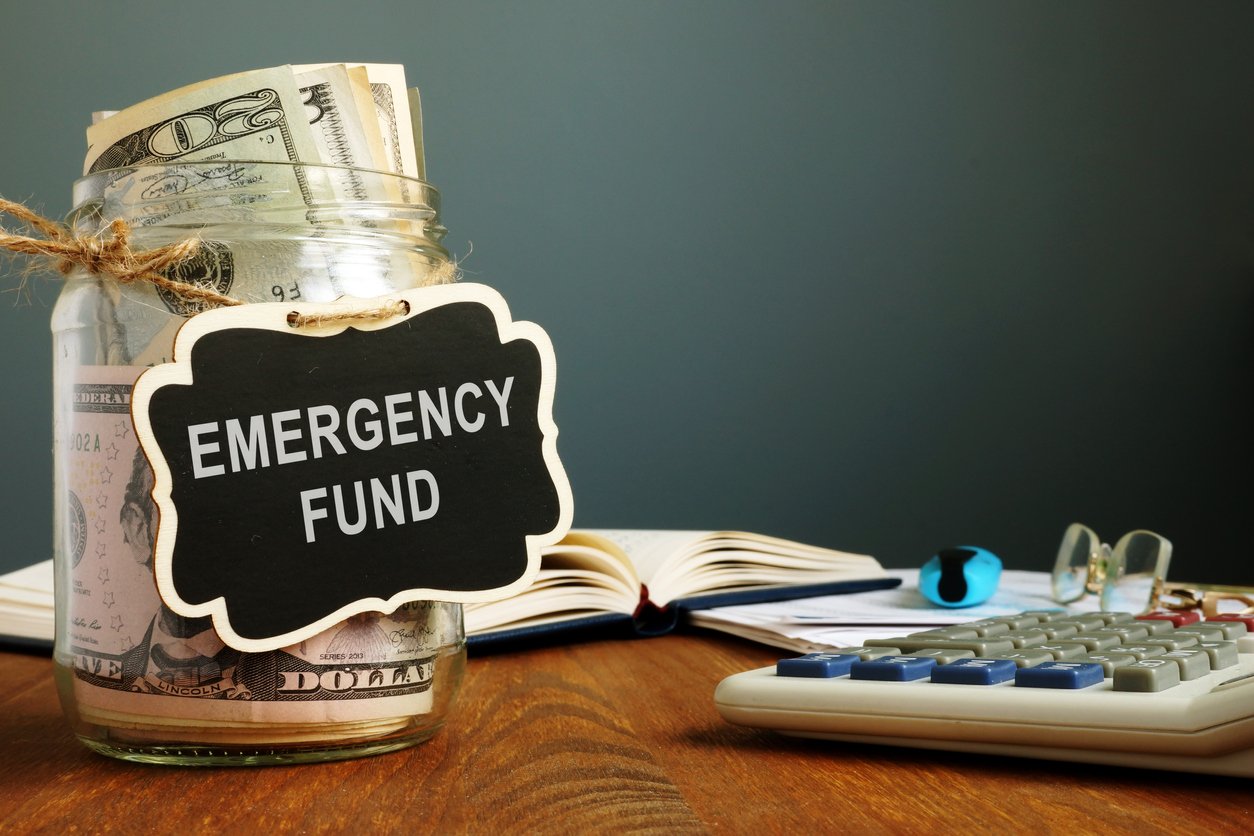The recent pandemic and the way it upended the labor situation was a wake-up call for many people. Many people scrambled to find work or create their own businesses. People who worked with the public found themselves at a loss and dependent on the money they had saved.
Many people who felt financially secure suddenly realized that they could be thrown into an unpredictable situation where their primary source of income was suddenly threatened or cut off for reasons beyond their control.
To deal with this, people have decided they need to reevaluate their thinking about financial planning and having an emergency fund on hand to deal with critical expenses should their income be cut off.
Below, we’ll go over ways to calculate how much emergency cash you need along with other tips to consider when building your emergency fund.
Decide On Your Critical Expenses
The first step is to do a detailed audit of your critical expenses each month. These are things like your rent or mortgage, food, and utilities, along with other necessities, such as medications or other items.
Add all of these together to find out what your critical expenses are. This will be the minimum amount per month that you will use to start building your emergency cash reserves.
Decide How Long You Want Your Emergency Cash To Last
Most experts agree your emergency cash should cover at least 3 to 6 months of living expenses. However, it’s important to take into consideration your own personal situation.
Some careers or jobs may make it easier or harder to find a new job or income source. Some jobs can be found rather easily, while others have long interview processes that can stretch for weeks or even months. This can be true for higher-paying jobs such as those in the technical fields. Despite having high demand, they also tend to have a longer hiring process.
If the industry you work in is generally slow to hire for various reasons, you may want to add an extra month or two to your savings.
Funding Your Emergency Cash Reserves
For the next step, you want to decide how you want to fund your reserves. For high-earners, they may be able to fund their cash reserves in a few lump sum amounts over several pay periods. This can be a good option if you don’t need that cash for other critical purposes. Doing this allows you to create your savings and then move on to other financial planning tasks.
However, many people will likely need to save over time. To do this, examine your monthly budget and see how much of a surplus you have. Also, look for things you can cut out temporarily to make your savings grow faster.
Things like dining out, travel, or other expenses can be temporarily cut and moved to savings to speed up the process.
Most financial planners suggest aiming for a target of 20% of your paycheck going toward savings. If you can’t quite match that amount, that’s fine. Just examine your budget and find the amount that works for you.
Much of this will be up to personal preference. Some people will just want to get the money saved as soon as possible. Others may not want to sacrifice and would rather save over a longer period.
Whichever method you choose, the key is to be consistent and stick with your goals. Almost any savings approach can work if you are consistent and follow through month after month.
ICCNV is a wealth management firm based in Nevada that offers estate planning, retirement planning, and several other planning services to help clients achieve their financial goals.
